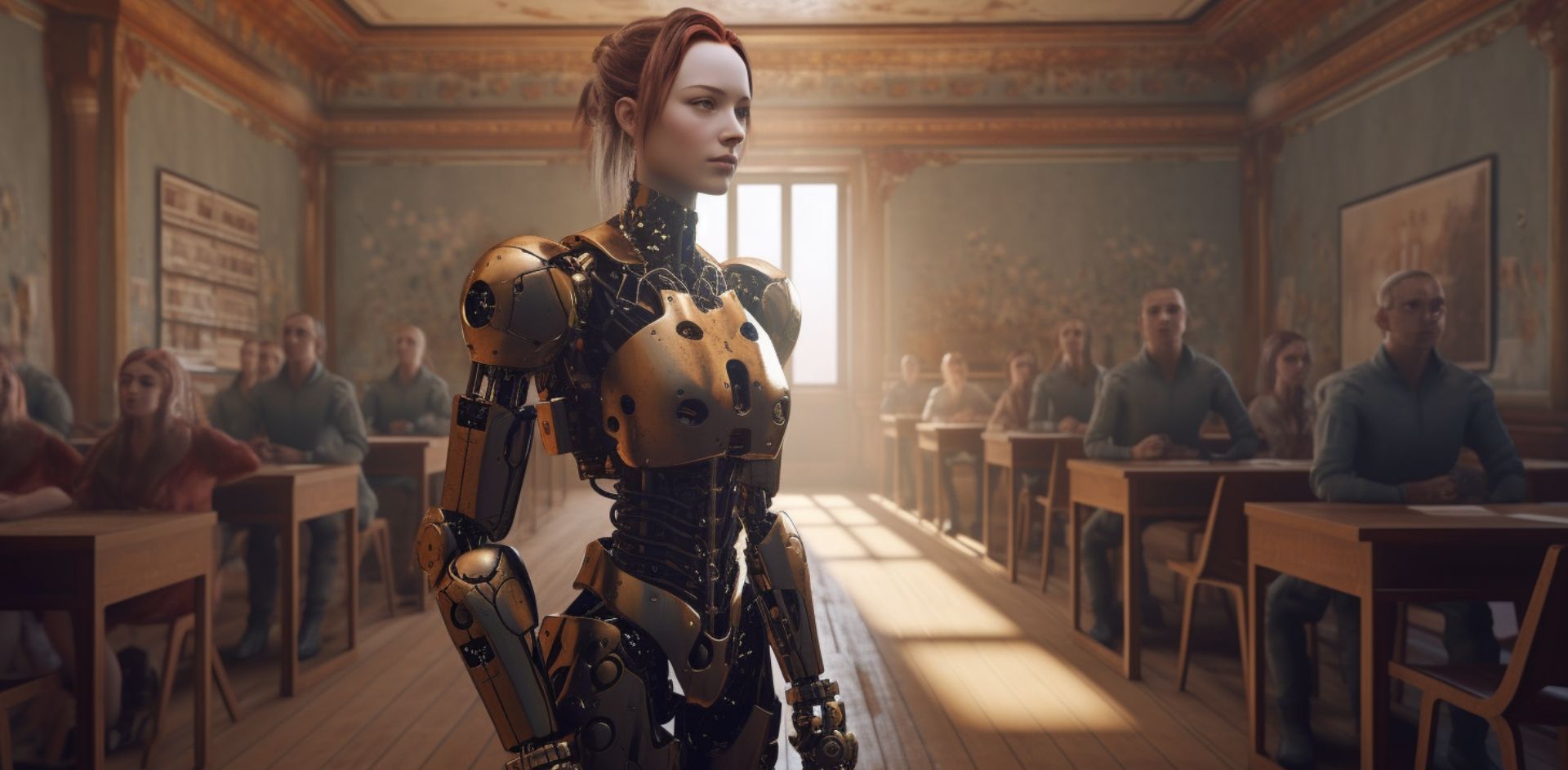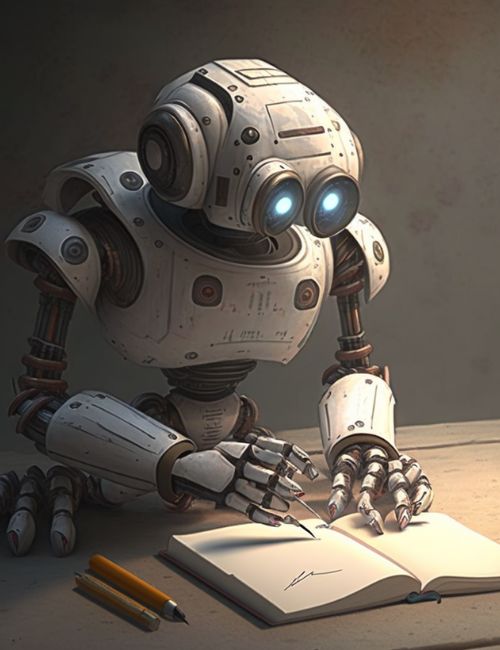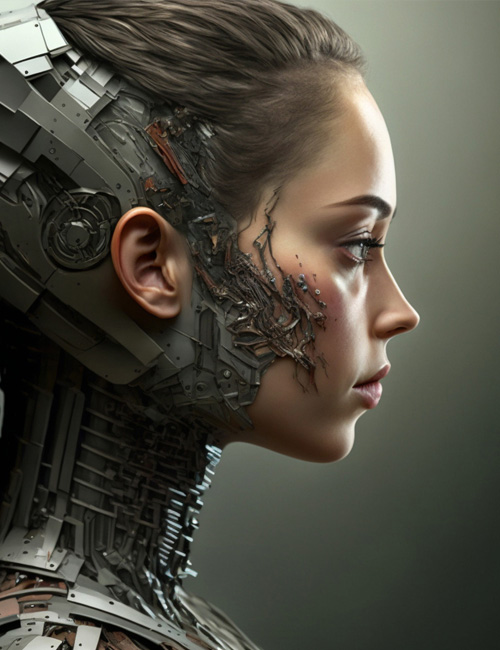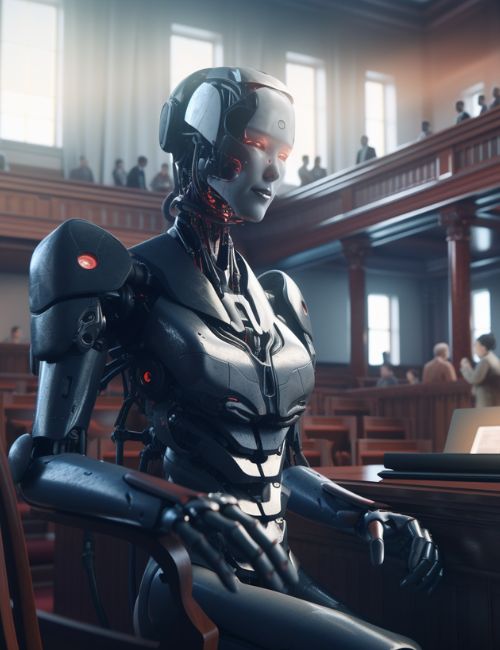Introduction
Have you seen any jobs for an ice cutter advertised these days? Or how about a lamplighter? Well, maybe you would have in the early 1900s or late 1800s; nowadays is no different in regards to technological advancements.
Over the next few years, AI-powered work is going to continue to phase out modern-day low-skilled jobs just like technology advancements did in my examples mentioned in the 1900s, and just like it's always done. In this article, I will cover examples of how this will come into play across different industries.
"Success in creating effective AI, could be the biggest event in the history of our civilization. Or the worst. We just don’t know. So, we cannot know if we will be infinitely helped by AI, or ignored by it and side-lined, or conceivably destroyed by it." — Stephen Hawking
Customer Service Positions
AI-powered customer service roles allow companies to improve customer experience, reduce costs, increase sales, which ultimately leads to a company providing more value to customers over their lifetime. In a world where customer service greatly depends on response speed, tonality, and accuracy, when given the correct context, AI currently can achieve all of these things.
AI is already being used to perform customer service roles, such as chatbots. However, you can expect these advancements to go far beyond what is currently available.
Almost all businesses very soon will use AI to respond to customer support questions and queries using chatbots with automated responses to frequently asked questions, such as ‘where is my order’.You can expect businesses to use this across all customer service verticals in the near future, such as assisting customers with phone calls.
Manufacturing
The manufacturing industry is currently the largest sector that AI has taken over, replacing millions of jobs with machinery that performs the same tasks more quickly.
With the production process already largely mechanized, the next step is to manage the operational aspects of the industry with AI, an area where work is already underway.
Eventually in pharmaceutical labs, AI will get to a point where robots can work with scientists to ensure no human lives are put at risk, providing both a safer and more efficient working environment.
Education
As I mentioned in a previous article, Education is on the verge of being completely revolutionized by AI due to a multitude of huge benefits. AI offers the ability to learn at a lower cost than traditional institutions, enables learning at one's own pace and from anywhere, can assist teachers with administrative tasks, and can support students through personalized tutoring to help them achieve their goals.
Conclusion
Although AI won't make all entry-level roles disappear like a 1900s ice cutter, the world we currently live in favors speed and cost-saving, which are two things AI provides and arguably are the two most important factors for both consumers and businesses alike.
We might still be 10-20 years away from reaching a time when robots coexist with humans. But, due to AI advancements, we're on the verge of making AI as capable of doing tasks up to a level that someone in an entry-level role can do. You can expect the majority of entry-level job positions to be replaced by AI as we continue to move further towards a world of both speed and workplace optimization just as society has always done.
Leave a Reply
Do you think AI will replace almost all entry-level positions






